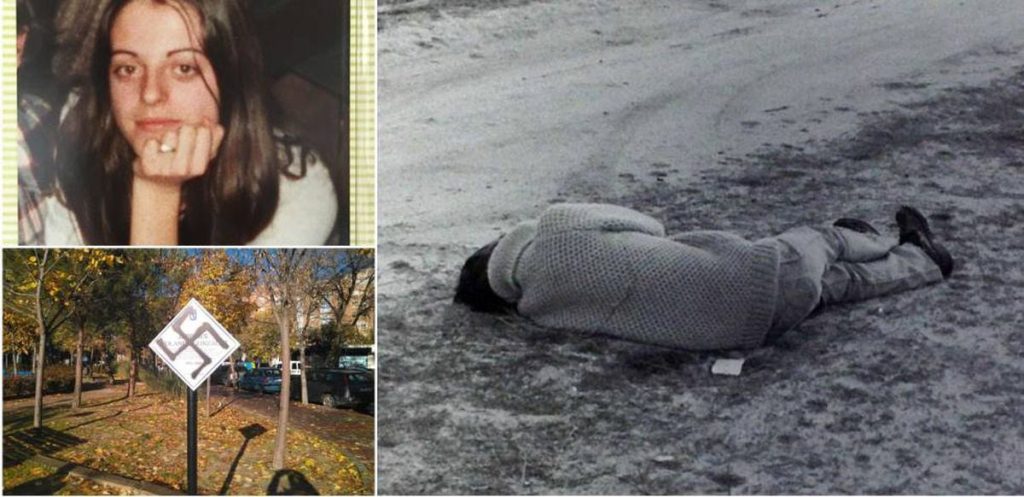The Council of Ministers has approved the creation of three commissions to develop the Memory and Democracy Law of 2022. One commission will study human rights violations suffered between 1978 and 1983 by people fighting for democracy, another will analyze deficiencies in economic compensations granted to victims of the Civil War and dictatorship, and a third will focus on the memory and reconciliation with the Roma people. These commissions were supposed to be ready by October of last year, but were delayed due to successive electoral calls.
The first commission, chaired by the Secretary of State for Memory, Fernando Martínez, includes 12 members such as lawyers, historians, and academics. This commission has sparked controversy as it covers events up to December 1983, with the right-wing claiming it was a concession to include crimes committed by the GAL organization. However, it is meant to recognize victims of human rights violations working for democracy, like Yolanda González or Arturo Pajuelo, who were killed in 1980. The law does not include ETA members as victims of the Franco regime.
The second commission will focus on economic reparations for victims of the Civil War and dictatorship, studying the coverage of compensations from the Transition to date and identifying potential deficiencies to address. Families of victims like Antonio Cañadas, who were fined even after being executed, will be examined to determine the impact of economic repression during those years. There will also be an audit on property seizures during that period.
The third commission created by the Council of Ministers will work on integrating Roma people into the Union, following a resolution from the European Parliament in 2017. This commission will be led by Fernando Martínez and will include representatives from various ministries, the State Council of the Roma People, the Spanish Federation of Municipalities and Provinces, and experts chosen by the Secretary of State of Memory. They will focus on applying the principles of truth, justice, reparation, and non-repetition regarding the historical situation of the Roma people in Spain.
Overall, these commissions aim to address past injustices, provide recognition and reparations to victims of human rights violations, and promote reconciliation with marginalized groups like the Roma community. By studying the impact of economic repression, ensuring proper compensation for victims, and integrating the Roma people into society, the Spanish government is taking steps towards creating a more just and inclusive society based on the principles of democracy and human rights.


